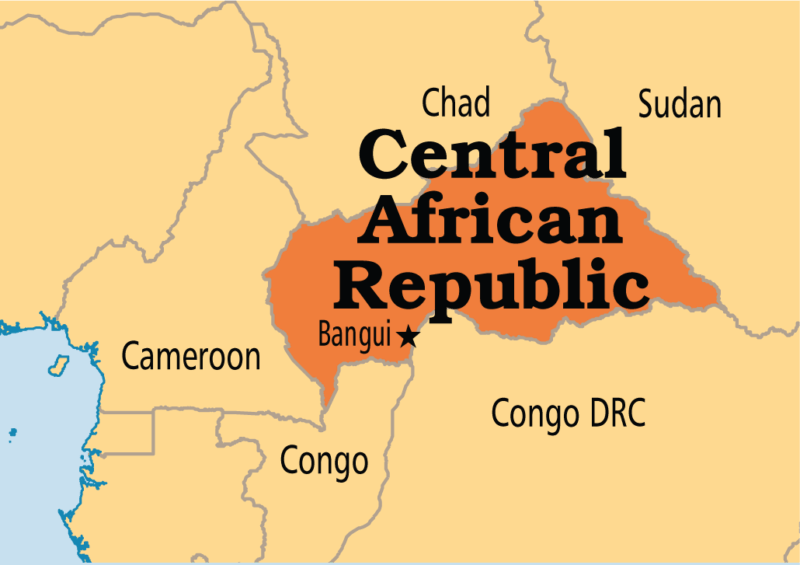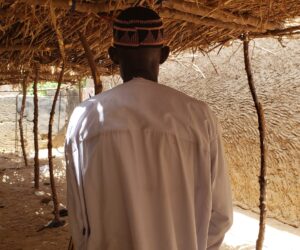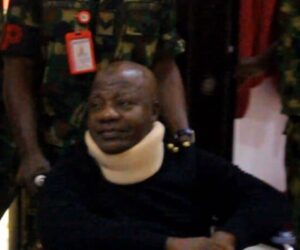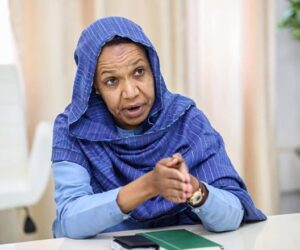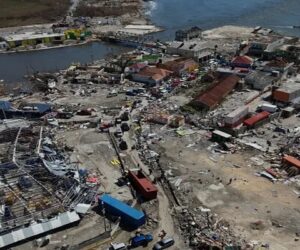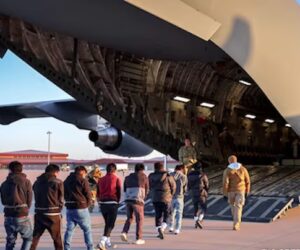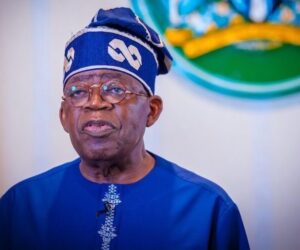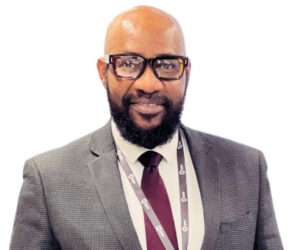Since his re-election in 2021, Central African Republic (CAR) President Faustin-Archange Touadéra has enjoyed several diplomatic and military successes. In 2024, the United Nations Security Council lifted its embargo on arms to the Central African Armed Forces, and the Kimberley Process lifted its suspension on diamond exports.
At the head of a country long regarded as the region’s most problematic, Mr Touadéra now seems to be on an equal footing with his peers. In 2023, he was appointed the Economic Community of Central African States’ facilitator in the crisis in Gabon.
In the military realm, after François Bozizé’s Coalition of Patriots for Change (CPC) tried unsuccessfully to seize power in 2021, armed groups have been pushed back to the country’s outskirts by the army, assisted by Wagner and Rwandan troops.
That means Mr Touadéra and his party are approaching the local, legislative and presidential elections of December 2025 in a position of strength. An improved military situation gives them the historic opportunity to put their country on the path to stability. But doing so will require addressing the roots of the crisis.
First, the CAR government still fails to meet the population’s needs, especially in more remote areas such as the northeast prefectures of Vakaga and Bamingui-Bangoran, where feelings of marginalisation have long fed armed rebellions.
The process of reinstalling state security and public services will take time. But the authorities’ political will is questionable. Efforts are often focused on the most developed parts of the country, such as Bangui and, to a lesser extent, the western region. And poor economic governance has limited the government’s budget, with civil society criticising the management of the mining and fuel sectors.
Second, as under previous regimes, the country’s resources are being captured by a small circle holding key positions in the government and security sector. Above all, since the adoption of the July 2023 constitution, which allows the president to run for a third term in the upcoming elections, there is no credible prospect of political alternatives.
The opposition has announced it won’t participate in December’s polls, rejecting the constitution and saying the National Elections Authority and Constitutional Council are too close to power.
On 4 April, over 1,000 demonstrators joined a march in Bangui organised by opposition leaders to protest against the prospect of Touadéra’s third term. They also lamented the country’s deteriorating socio-economic situation. Under pressure from the opposition and international partners, Mr Touadéra launched a political dialogue on 2 September. This attempt to ease tensions is a positive step, but its outcomes remain uncertain.
The situation is cause for concern. The history of the CAR – and many other countries in the region – shows that political deadlock can feed frustrated opponents’ desire to take power through non-constitutional means, including force. In 2020, for example, Mr Bozizé (re)joined the rebellion after his candidacy for the elections was rejected.
The third root of the crisis is that politico-military entrepreneurs in the country still have many military resources to draw on. Although the 10 July agreement signed by the government and two of the main CPC components may further weaken the armed rebellion, combatants haven’t left CAR territory and are rife in the region’s other crisis areas.
The belligerents in Sudan’s civil war have siphoned off some CPC combatants who could easily return to the CAR battlefield if offered adequate financial incentives. This could transpire as tensions rise between Mr Touadéra and Sudanese General Abdel Fattah al-Burhan amid rumours that a military base is being established in the CAR to transport Emirati aid to the rival Rapid Support Forces.
The CAR’s army is also experiencing tensions that anti-government actors could exploit. Disorganised recruitment and training, including that of former insurgents, are leading to the ‘militianisation’ of the army. Also, rising personnel numbers are not matched by increased resources, creating logistical supply chain and salary problems.
Authorities have skilfully taken advantage of the reconfiguration of the geopolitical context. Russia and Rwanda’s military engagement in the CAR seem to offer the government life insurance and the opportunity to promote competition between external partners.
In 2021-22, the United States and European Union had hardened their position towards the CAR. They suspended part of their financial aid to pressure Bangui into distancing itself from Wagner, but to no avail. The Western powers’ relationship with CAR has since improved, meaning CAR is getting the best out of each of their partners: security support from Russia and financial support from the West.
Regionally, the government seems to have smoothed tensions with Chad, the sponsor of several rebellions in the past. It has also drawn closer to Rwanda, another country with a more favourable attitude towards the CAR.
READ ALSO: Alabuga Migrant Battalion: Malawi’s 16 unseen girls
But the authorities’ strategy has a blind spot: the fluidity of the regional and international context over which they have limited control. In fact, nothing guarantees that relations with CAR will remain favourable in the long term, and if the positioning of external powers changed, governance weaknesses could prove fatal.
Several CAR leaders learnt the hard way that relying on external actors to ensure their political power and security is not without risks. This includes Bozizé, whom South African soldiers could not protect from the Seleka offensive in 2013.
To prevent a return to instability, the government should disregard the comfort afforded by Russian and Rwandan support and tackle the root causes of the crisis.
In the long term, this will require, among other measures, that the benefits of stabilisation are fairly shared among all the country’s regions and communities. In the short term, tensions must be eased with the political opposition and neighbouring countries, particularly Sudan.
Romain Esmenjaud, Associate Researcher, Institut Français de Géopolitique, Paris and coordinator of the UN Panel of Experts on CAR between 2017 and 2021
(This article was first published by ISS Today, a Premium Times syndication partner. We have their permission to republish).

